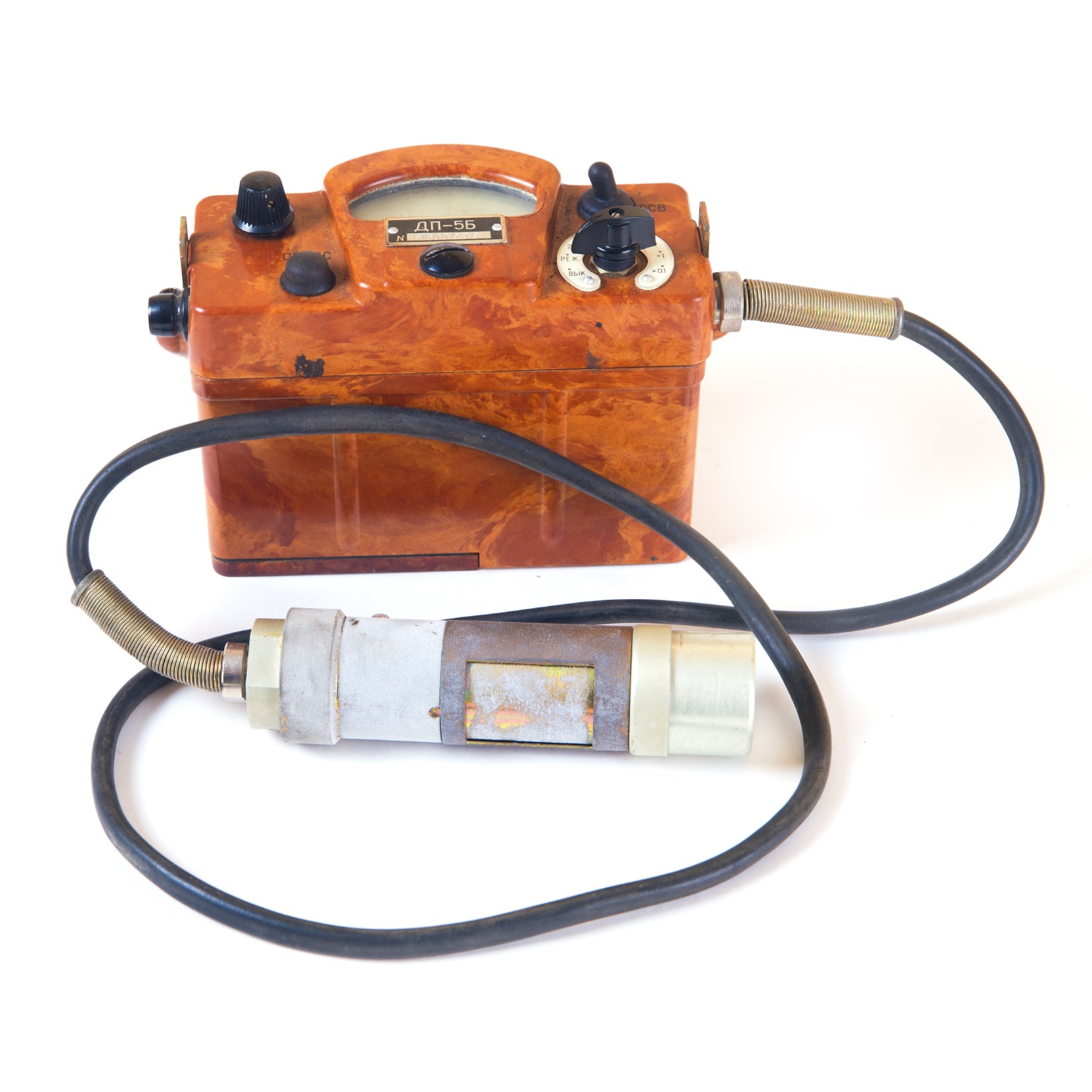BP113

I still remember it as if it happened yesterday. It was a therapy session with a son and his father that occurred 25 years ago. Why do I remember it so clearly? It was one of the few times I felt rage as a clinical psychologist–only the sixth time in more than a quarter of a century, to be exact. It was not just a flash of anger. It was pure rage.
John was my patient. He was a twenty-two-year-old college graduate. He looked healthy and normal on the outside but beneath the outside mask he was experiencing major anxiety and deep mineshafts of depression on the inside. As we continued to do spelunking in the cave system of his soul, we eventually accessed the “mother lode”. The mother lode is defined by Wikipedia as “a principal vein or zone of gold or silver ore. The term is also used colloquially to refer to the real or imaginary origin of something valuable or in great abundance.”
In our exploration of John’s inner heart, we opened the closet door, so to speak, or turned the corner, and he came face to face with a “great abundance” of his parental dynamics. In this case, it was literally his mother lode—his memories and emotions around his relationship with his mother who was afflicted with borderline personality disorder. I soon learned that this fragile woman permitted John to exist only to the extent she could tolerate. If her son colored outside the lines of her narrow emotional range, she punished him with anger and abandonment—both emotional and physical.
But mom (or should I say the biologically related woman who gave him birth) was only half of the story. This post is about John’s father . . .
After John encountered the mother lode, he soon disintegrated psychologically due to his newly recovered childhood memories about his mother and the massive flood of emotions that accompanied them. Indeed, his emotional release (mostly an interior experience for John) triggered a picture in my mind of Hoover Dam breaking open and releasing 36 million megaliters (Lake Mead in Nevada and Arizona when at full capacity) of primitive emotions.
Within twenty-four hours, it was clear that John needed to be hospitalized in a behavioral health unit as a way to contain him during his dam break and subsequent emotional reservoir flush. Suicidal ideation ramped up significantly and he indicated that he had little confidence in his ability to not hurt himself.
John stayed on the unit for five days. I remember visiting him once just to see how he was doing. No one from his family came to check on him. When he left, he seemed to have moved past his disintegration of self into a more cohesive state where he began to recover and further develop his ego strength.
A few weeks after John’s hospitalization, we invited his father to join us for a session to hopefully facilitate communication between father and son. I expected good things from the father since he was a hospital administrator and would therefore (I assumed) be empathic with the mental health journey of his son.

As soon as John’s father entered the room dressed in his suit and wearing his Rolex, I felt a tension. I wondered if it was me. Was I feeling nervous because a man of high professional status was in my personal space? Was I experiencing countertransference due to my own past experience with a school principal or a police officer or the angry father of a high school friend or some other male authority in my life? Probably. I assumed it was me.
I soon learned otherwise.
I began the session explaining to John’s father why his son had been hospitalized and how important it was for him (the father) and John’s mother to love their son and support him in his current season of emotional crisis. I thought the father was tracking with me because he appeared to be listening. I soon discovered that I was mistaken.
As soon as I paused to take a breath, the father launched into a diatribe directed toward John stressing how important it was for him to get a job—immediately! He emphasized how critical it was for his son to pay off college debt and find a professional niche that would support him and his family in the years ahead. The father did not deliver his message in an encouraging tone. Rather, he looked and sounded angry.
I attempted to redirect the father’s laser focus from employment to his son’s recent hospitalization and his need to recover and develop a strong support network that included his parents. I told him that getting a job undoubtedly was part of John’s future but that preventing him from suiciding and healing his pain was the immediate priority.
My attempted course correction was futile as the father shot me a stern glance and then continued his harangue of his mentally fragile son.
As the father continued to pressure his son about being employed, I felt growing concern for John’s resilience. After all, this young man had been out of the hospital for only two weeks now, and I feared that his father’s anger and harassment would likely push him toward a suicide attempt.
Beyond my fear for John, I felt a growing anger toward the father. No, it was more intense than anger. It was rage. Pure rage. I saw red. I was not thinking about physical assault, but I certainly wanted the clueless father out of my office. In the end, I forcefully reminded him that his son was not in a good emotional place and that getting a job was the least of his concerns at the moment. Life precedes labor any day.
John’s father eventually left the session. He was not invited back. John survived the “attack” (just barely) and spent two more years with me in psychotherapy. He left in a much better place with significantly increased ego strength/resilience than when we began our journey together. The last I heard he was married with three kids.
Oh, and he had a good job.
▪ꟷ▪
Some clients (and/or their parents) elicit strong feelings within me that I don’t feel with anyone else. It might be powerlessness, hopelessness, anxiety, anger, or badness. The latter two are the ones that capture my attention the most. So, what can you or I take away from the experience of strong emotions when in the presence of certain people?

What is so important to do when we feel a strong emotion with someone else in the room is to look inside first because most often, we are feeling our own emotions. It might be our unhealed wounds or past emotional experiences that are getting touched by the other person as I alluded to in the countertransference I mentioned above.
Yes, always look inside first. We are creatures who are quick to be sensitive to condemnation and shame and then just as quick to defend ourselves and accuse others. Always start by looking inside the cup and taking the log out of your own eye.
But not everything you feel in this world is yours. Sometimes, as mentioned above, people will make you feel what they are feeling.
Therefore, it is also wise to develop your Evil Meter. I’m not talking about a BS meter, here. No, I’m talking about a device that detects something darker, something more dangerous. For those of you who have matured over the years and grown substantially in your own soul by the help of the Holy Spirit, you may be qualified to listen to and trust your Evil Meter. The EM is not designed to detect your own inner evil but the evil of others around you. Using the EM is a fine art related to the gift of discernment that needs to be developed over time.
A point of clarification is needed here: not all emotions you detect from others are evil, of course. Sadness, anxiety, powerlessness, helplessness, loneliness, and fear are not evil. The Evil Meter is not designed to detect these emotions (an empathy meter will do that) but instead is adept at detecting the annihilating, shaming, rage that wants to kill you (usually emotionally but sometimes physically).
When I was with John’s father, I was feeling rage. Rage is an emotion I rarely ever feel. So, when I felt rage in the therapy room, I was convinced that it was not primarily my own emotion but was the emotion of the man across from me that he was transmitting into me. In other blogs, Designer Therapy for Life has referred to this psychological phenomenon as Projective Identification. PI occurs when someone else projects (places) his or her strong emotions into you. Yes, they are always strong emotions from the heart of the other person.
John’s father was feeling rage toward me (related to splitting—everything is either all good or all bad) that wanted to erase me because I challenged his rigid view of his son. Like his wife, I surmised, he sought to eradicate anyone who disagreed with him or challenged his unyielding view of reality. I felt deeply sad for John who had grown up everyday with two parents in the house who were annihilating. It was a miracle he was still alive. Barely alive.

You will know that PI is occurring when you feel something far above your normal emotional range. I have experienced strong anxiety with some people. Other times, it is a deep sense of powerlessness or even sadness. Over time, I have come to recognize the difference between my emotions and those that are actually occurring inside the other person whether they are aware of those emotions or not.
Besides anger, badness is an emotion/sensation that is commonly projected. Ask yourself: after being in someone’s presence, did you walk away feeling strangely bad, ashamed, sick to your stomach, aroused to the point that your mind is racing, and you cannot relax or even sleep? If you can carefully and maturely rule out your own pain, emotion, or countertransference, then what has occurred is that the other person has poured their badness into you.
In summary, there will be times in life when you will feel intense negative emotions in the presence of someone else that rarely occur inside your heart. Look inside first and rule out your own heart speaking of its pain or anger. If you can rule out the source being your own heart, listen to your Evil Meter to detect what the other person is communicating to you.
The person across from you might not be simply angry with you but dangerously enraged (see Jesus’ comments on “Raca”). He or she might be killing you inside their heart and you will know it because your Evil Meter is detecting their projected rage or badness. Why do you think it is called the ‘Evil’ Meter? Because it picks up on emotions that make you the target, the receptacle, the scapegoat for their badness and their murderous thoughts that you can often feel in your body.
I believe that badness communicated via silent rage via projective identification is a result of the Fall. It is our sinful way of dealing with our own sin apart from Christ. When someone touches our badness, we can become enraged and desire to shoot the messenger.
Thankfully, Jesus Christ is the answer to this problem. He came and bore our sin and badness and blaming rage on Himself when He died on the accursed cross. Those who embrace His gift of grace and forgiveness have no further need to project their sin, badness, and evil onto others whether it be members of law enforcement, parents, another race, the other gender, members of another political party, people we identify as sinners, Christians, or God Himself.
Whether we are conscious of it or not, we all project our badness at one time or another and to some degree or another. Come to Jesus to receive and internalize the grace, forgiveness, and unconditional love that has been poured into you from God. Then go and do likewise. Pour love and grace into others instead of your shame-induced rage.
Listen to God’s voice of correction for your own heart and listen to your Evil Meter for those around you. Then receive God’s correction of yourself with a humble, teachable spirit and return to others good for evil.
God’s amazing grace and love are the only hope for our projecting world.

But I say to you who hear, Love your enemies, do good to those who hate you, bless those who curse you, pray for those who abuse you. To one who strikes you on the cheek, offer the other also, and from one who takes away your cloak do not withhold your tunic either. Give to everyone who begs from you, and from one who takes away your goods do not demand them back. And as you wish that others would do to you, do so to them ~ Luke 6:27ff
